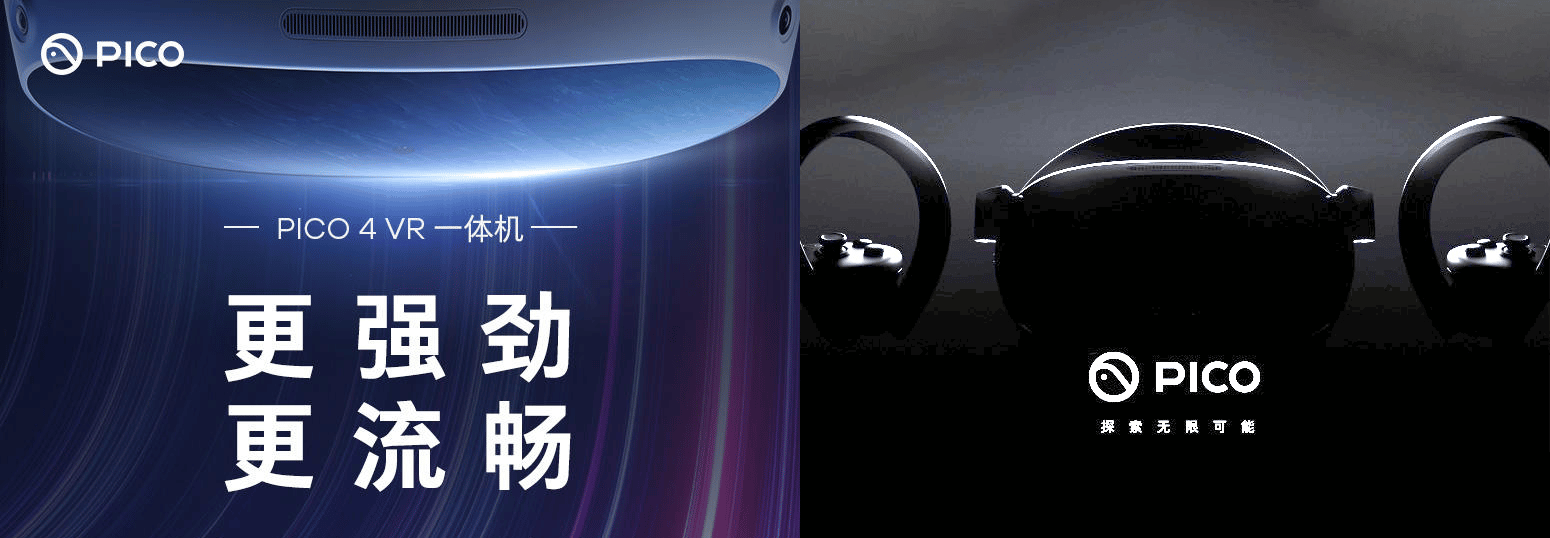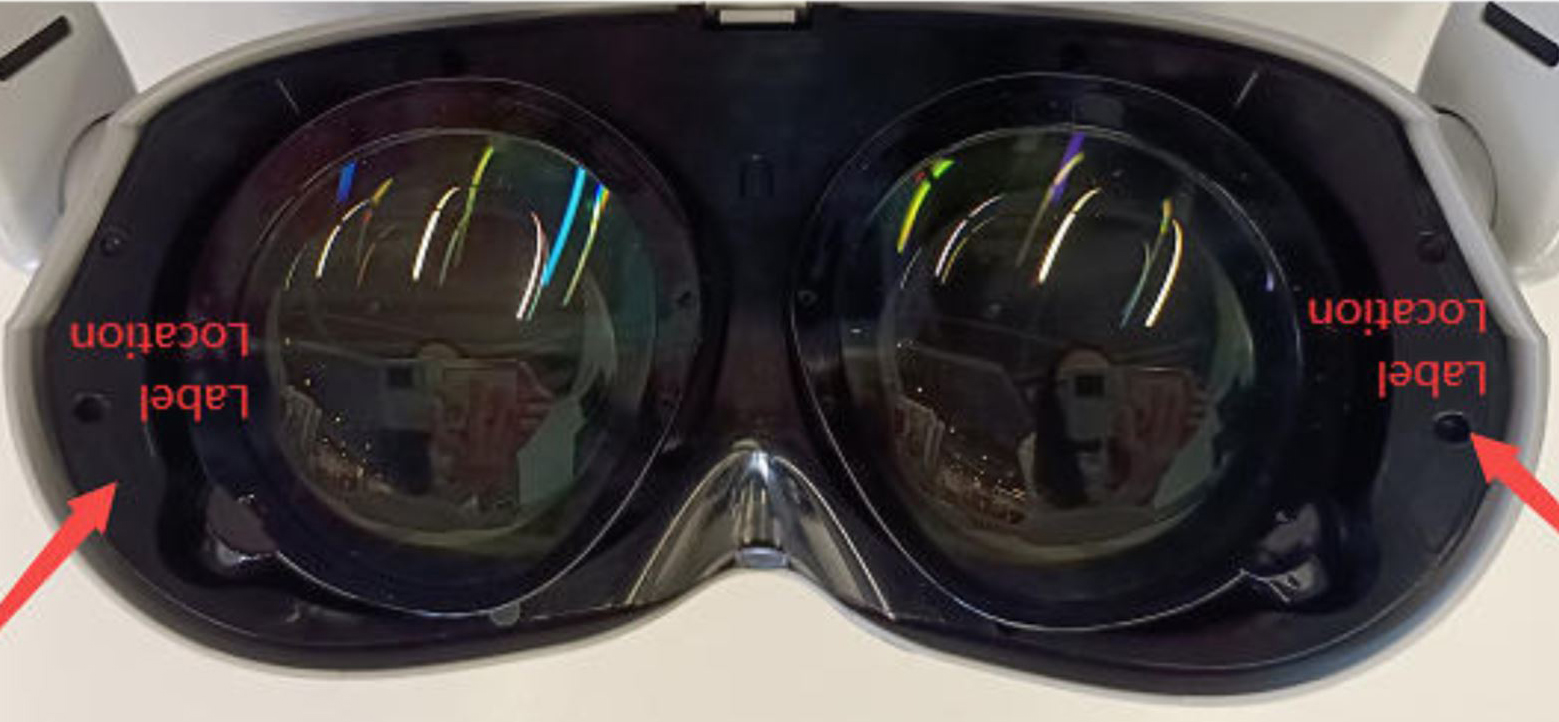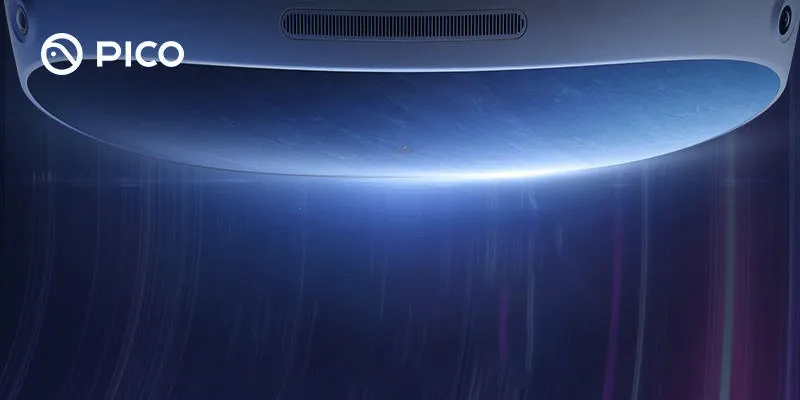A retailer listing teases the design of Pico 4 and reveals its launch date.
The preorder listing is live on Chinese online retailer Taobao. The price is set as ¥9999 – around $1500 – but this is stated to be a placeholder price. The text states the final price will be revealed on September 27th.
The listing also reveals the headset will come in two models, 128GB and 256GB – the same as Meta’s Quest 2. The current Pico Neo 3 Link sold to Chinese and European consumers has only one 256GB model, suggesting ByteDance (the Chinese tech giant behind the TikTok app and Pico headsets) plans to price Pico 4 to take on Quest 2.

ByteDance hasn’t actually officially announced Pico 4, but there was already overwhelming evidence for its existence. The company teased a successor to the Pico Neo 3 line when launching it to European consumers in April by saying it would give buyers a 35% discount “should there be another product that comes from Pico within the next 12 months”.
In July a US regulatory filing for ‘Pico 4’ and ‘Pico 4 Pro’ emerged, followed by apparent images of the controllers leaking. An image in that regulatory filing appears to show pancake lenses, which support smaller panels with a shorter gap to the lenses and thus a slimmer headset design. The filing stated both models are identical except “additional eye tracking & face tracking function for Pico 4 Pro”.


A Chinese analyst claims Pico 4 will launch globally, and in June Pico posted a job listing for head of consumer sales “responsible for the sales and marketing of Pico’s overall product in the US consumer market”. But it’s unclear whether the western launch date will also be September 27th – it may launch in China first.
The biggest remaining question is how exactly ByteDance will price the Pico 4 lineup. The analyst claims it will have an “aggressive subsidy”, but just how deep will this subsidy be? Will the base model match Quest 2’s $400 price with a slimmer design? And how will the Pro model’s price compare to the Quest Pro launching next month? The answers to these questions will determine whether this will be the moment Meta faces true competition in the standalone VR market.





























